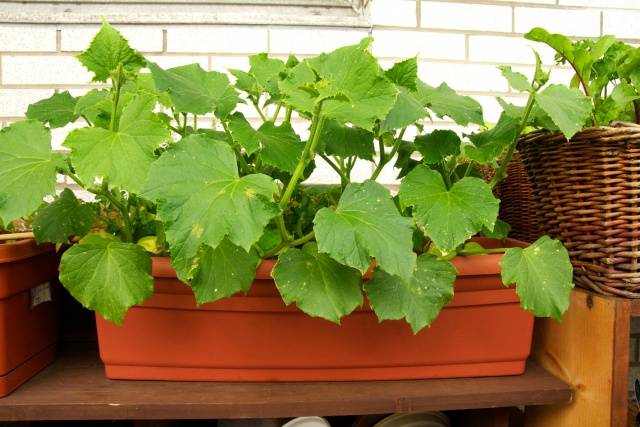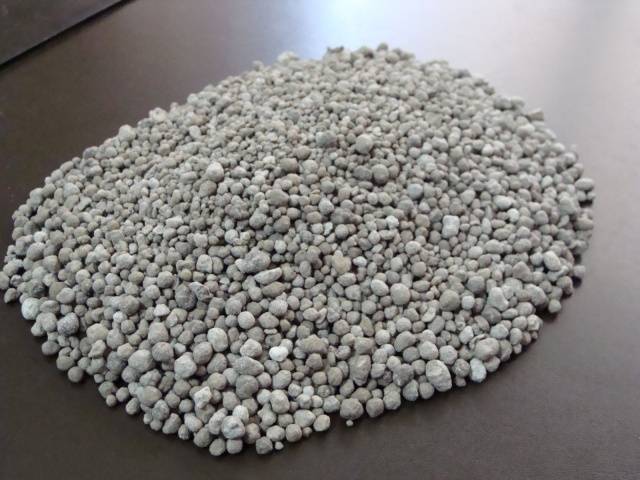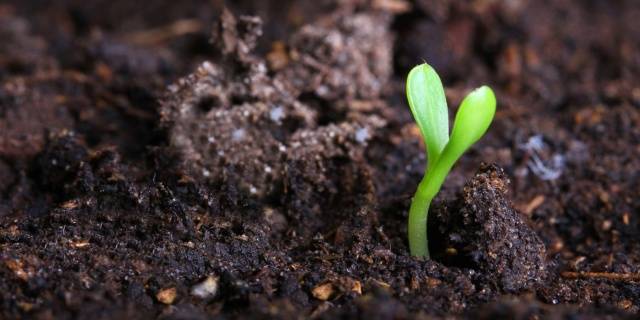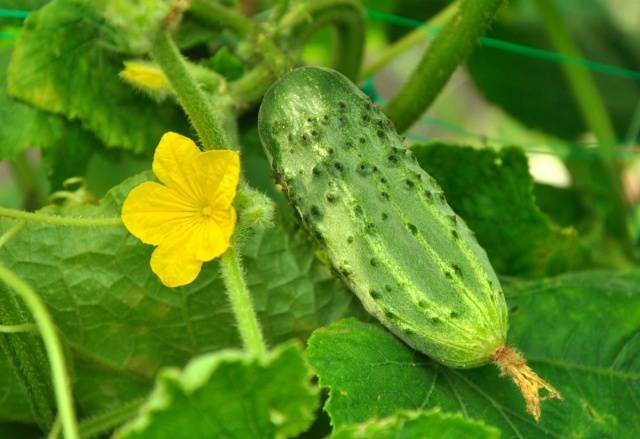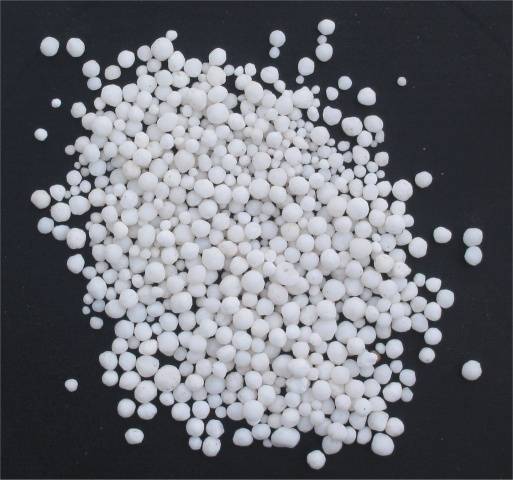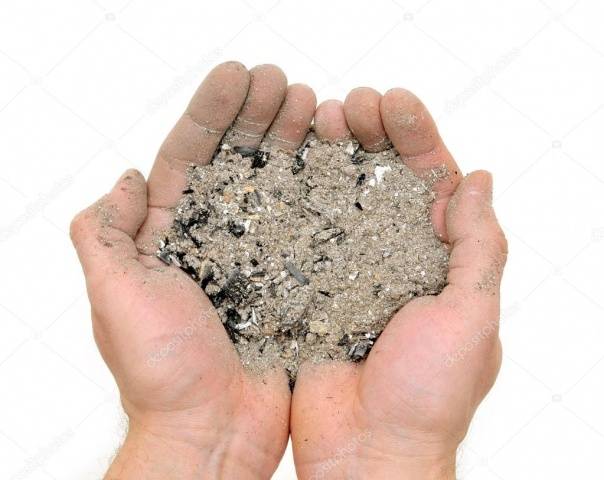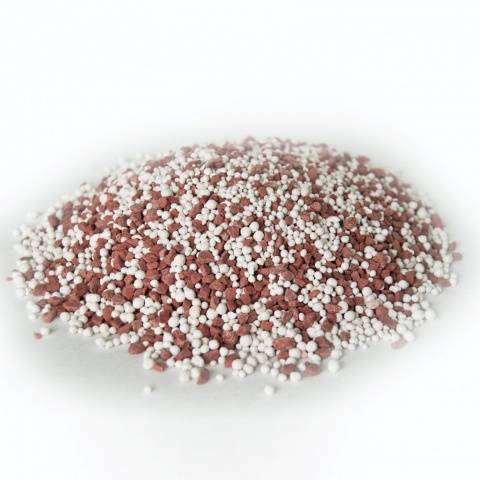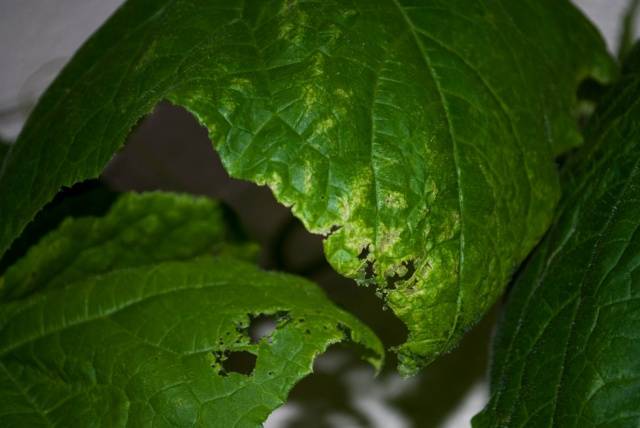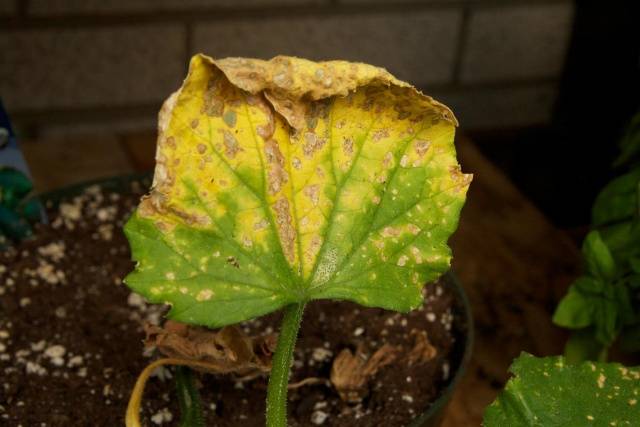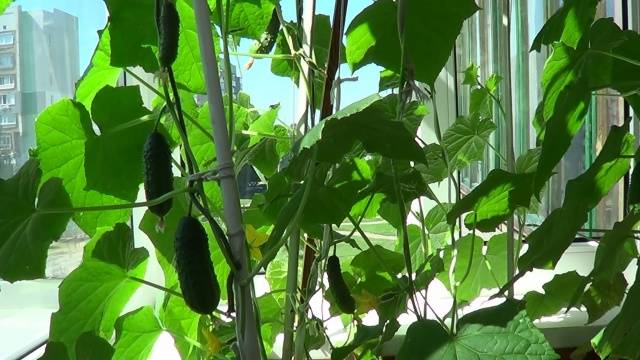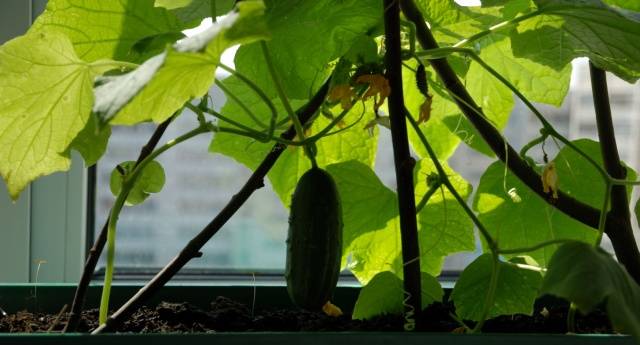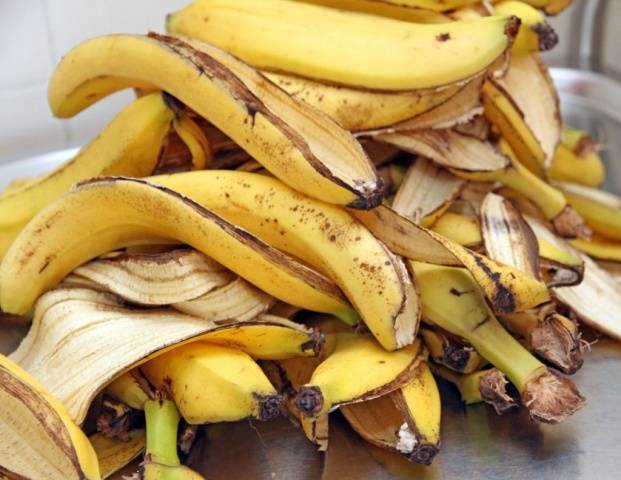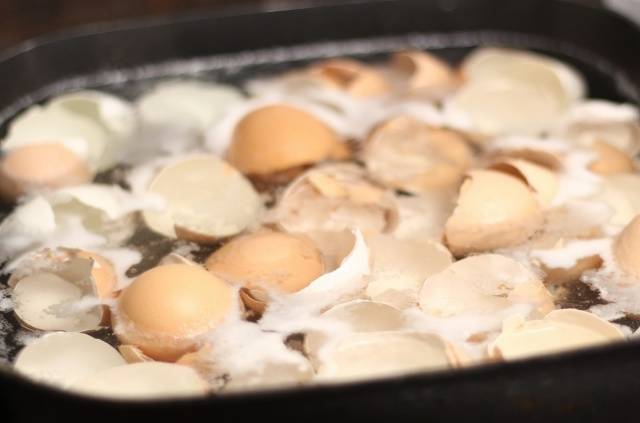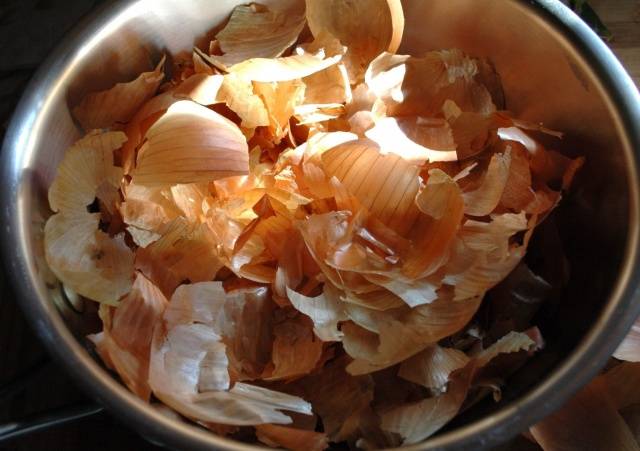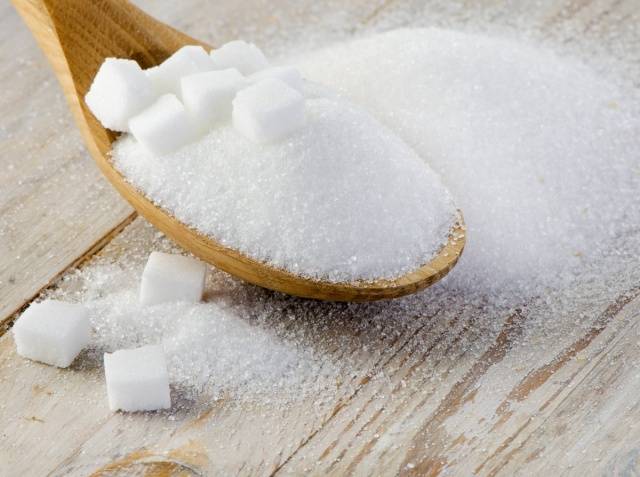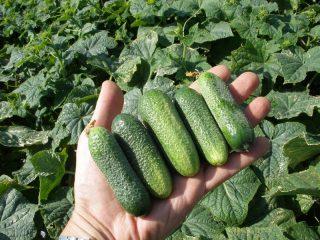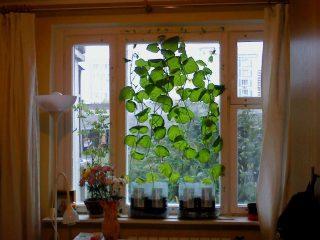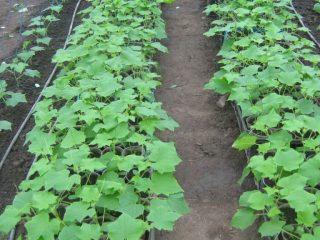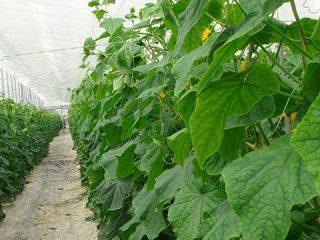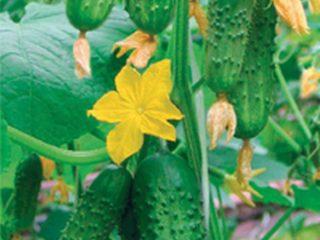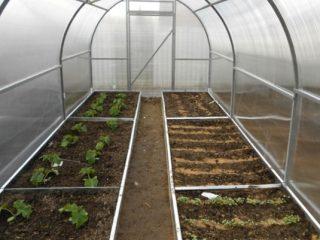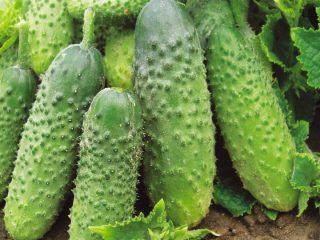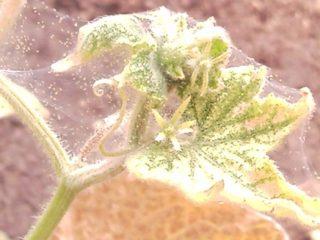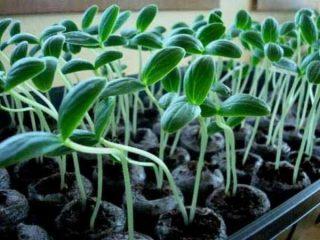Content
Homemade cucumbers grow in special conditions. They do not have access to many of the beneficial substances contained in open ground or greenhouse soil. Therefore the constant feeding homemade cucumbers is the key to a good harvest. This crop requires complex nutrition based on mineral and organic fertilizers.
Soil fertilizers
To grow on the balcony a good harvest of cucumbers, you need to prepare the soil for future plantings. This requires containers with holes for water drainage and trays.
You can buy soil for homemade cucumbers at gardening stores. It already contains the components necessary to grow this crop.
You can prepare the soil yourself. Its composition includes land, peat and humus in equal proportions.
At this stage, every 10 kg of soil is fertilized with a special mixture:
- nitrophoska – 30 g;
- wood ash – 0.2 kg;
- urea – 15 g.
Nitrophoska is a complex mineral fertilizers, containing nitrogen, potassium and phosphorus. For cucumbers, a sulfuric acid version of the fertilizer is used, containing sulfur in addition to the listed components. This element helps in the absorption nitrogen and protein formation.
Another source of nitrogen for homemade cucumbers is urea. Due to nitrogen, the green mass of the plant is formed and the foundation is laid for the formation of a healthy bush.
After applying the fertilizer, the cucumbers are planted. Leave up to 30 cm between plants to avoid excessive planting density. The containers are placed in a warm place with good lighting.
Feeding seedlings
The first shoots of balcony cucumbers appear 5-7 days after planting, which depends on the variety and external conditions. The initial stage of their development requires complex fertilizer consisting of nitrogen, phosphorus and calcium.
Seedlings require several types of feeding:
- 14 days after germination of cucumbers. For processing, a fertilizer is prepared consisting of urea (10 g), superphosphate (10 g) and water (3 l). Fertilizing is carried out by adding the resulting liquid under the root of the cucumbers. For each bush, 60 g of solution is enough.
- 10 days after the previous treatment. You can feed the plants with a special complex fertilizer intended for cucumbers and other vegetable crops. The fertilizer must contain nitrogen, phosphorus and potassium. For feeding, you can use Rossa, 25 g of which is diluted in 3 liters of water. Each plant requires 100 g of the resulting solution.
- In the next 10 days.
Treatment of grown cucumber seedlings is carried out with a solution containing:
- nitrophoska – 10 g;
- ash – 30 g;
- water – 3 l.
The finished solution with fertilizers is consumed taking into account the norm of 200 g of the mixture for each bush.
Pre-watering allows you to evenly distribute beneficial components in the soil. Treatment is performed in the morning or evening, when there is no direct exposure to the sun.
Treatment for the ovary
30 days after planting, cucumbers begin flowering and ovary formation. At this stage, difficulties often arise in the further development of cucumbers: the inflorescences fall off, the leaves turn yellow, and fruit set does not occur.
Causes of depression cucumbers on the windowsill are:
- incorrect soil composition;
- lack of lighting;
- excessively high or low temperature in the house;
- insufficient or excessive watering;
- lack or excess of fertilizers.
During flowering, cucumbers need plenty of nutrition. After the first inflorescences appear, complex fertilizer is applied to the soil:
- ammonium nitrate – 10 g;
- double superphosphate – 10 g;
- potassium sulfate – 10 g;
- water – 10 l.
Ammonium nitrate serves as a source of nitrogen for plants, strengthens their immunity and protects against diseases.
Potassium sulfate increases the content of vitamins and sugar in fruits. Therefore, after treatment with this fertilizer, cucumbers with good taste grow.
When working with mineral fertilizers, safety rules are observed.It is best to use protective equipment to avoid contact of components with the skin, eyes or respiratory organs.
Feeding during fruiting
When the first fruits appear, cucumbers require special feeding. This includes both mineral and organic fertilizers. It is best to alternate several types of fertilizing.
Ash treatment
When the first fruits begin to appear, the cucumbers are fed with ash. For 1 liter of water, 100 g of wood ash is required. Products from burning garbage, various waste, paper or building materials are not suitable for recharge.
The solution is pre-infused for 24 hours. Then the ash is filtered, and the resulting liquid is used to water the cucumbers.
After using the ash cucumber growth accelerates and the activity of metabolic processes increases. This fertilizer contains potassium and calcium, which promote the appearance of new ovaries.
Application of complex fertilizers
The next feeding of cucumbers is based on nitrophoska. For 3 liters of water, 10 g of this fertilizer is required. Nitrophoska saturates plants with useful substances necessary for active fruiting.
Another option for feeding cucumbers is to use azofoski. Its composition is identical to nitrophoska, however, phosphorus is contained in a water-soluble form.
Application of organic fertilizers
Natural fertilizers are no less useful for ripening cucumber fruits. The simplest method of feeding is an infusion of bird droppings. It is obtained by mixing with water in a 1:2 ratio. After 2 hours, a liter of infusion is diluted with 10 liters of water and used for irrigation.
Other types of manure are suitable for feeding cucumbers. However, they need to be infused for a week, which is not always possible at home.
Emergency feeding
Lack of nutrients negatively affects the appearance and fruiting of cucumbers. Deficiency of a particular element can be determined visually based on special characteristics.
Nitrogen deficiency
At nitrogen deficiency indoor cucumbers look frail, the stems become thinner, the leaves droop, and small fruits form. Watering with urea-based fertilizer will help solve the problem.
If nitrogen is present in excess, the foliage turns dark green and older leaves become curled. With excessive nitrogen consumption, cucumbers die within a few days. The problem can be solved by daily watering or spraying with calcium nitrate.
Lack of potassium and calcium
Potassium deficiency can be determined by the presence of a yellow border on the leaves. To process cucumbers you will need 1 tbsp. l. potassium sulfate per 10 liters of water.
Calcium deficiency is reflected in young leaves, on which yellow spots appear. The reverse side of the sheet acquires a purple tint. You can feed cucumbers at home on the windowsill with ash, which is added to the soil or added to the spraying solution.
Phosphorus deficiency
If cucumbers grow dense, small leaves that curl downwards, this is a sign of phosphorus deficiency. Another symptom is the presence of reddish veins.
Superphosphate in the amount of 1 tbsp will help compensate for the lack of phosphorus. l. The fertilizer is diluted in 10 liters of water, after which the plants are watered.
Foliar treatment
Foliar processing has a positive effect on cucumbers at home. To work, you will need a spray bottle with a fine spray.
Foliar feeding has its advantages, including rapid absorption of nutrients and low consumption of components.
When preparing fertilizers, the established proportions must be observed. If the content of the substance exceeds the norm, the cucumbers will get a leaf burn.
Before fruiting begins, cucumbers are sprayed with a urea solution. It is obtained by dissolving 5 g of this substance in 3 liters of water.
Boron is responsible for the fruiting of cucumbers. This fertilizer promotes the absorption of calcium and synthesizes the production of active substances.
To process cucumbers, prepare a solution containing 1 g boric acid for 1 liter of water. The procedure is performed every 10 days.
Traditional methods
You can prepare an effective fertilizer for feeding homemade cucumbers using available materials. Folk processing methods are completely safe for others and have a positive effect on the development of cucumbers.
Banana peel
Banana peels contain potassium, magnesium and calcium. Phosphorus and nitrogen are present in smaller quantities. This combination of elements promotes flowering of cucumbers and further fruiting.
You can make a watering agent based on banana skins, which must first steep for 3 days. For 3 liters of water, 4 peels are used. Before watering the cucumbers, add water to the resulting fertilizer in a 1:1 ratio.
Eggshell
Eggshells contain 93% calcium in an easily digestible form, as well as phosphorus, magnesium, potassium, iron and other trace elements.
You can get fertilizer for homemade cucumbers by grinding eggshells. The resulting mass is poured with water and left for three days. During this time, beneficial substances will enter the liquid. It is not recommended to cover the infusion with a lid.
Dried shells can be placed at the bottom of a container for growing cucumbers. Such a layer will ensure the circulation of liquid without the formation of stagnation.
Onion peel
Onion peels saturate the soil with useful substances and improve its structure. It contains carotene, phytoncides and vitamins. Carotene has antioxidant properties and increases the resistance of cucumbers in conditions of increased gas pollution in the city. Phytoncides help cope with various fungi that cause diseases.
For preventive purposes, a solution is prepared using onion peels: 2 cups of this component are poured into 2 liters of boiling water. The solution takes 2 days to infuse.
Onion infusion is diluted with water in a ratio of 1:2 and used for spraying.
Coffee grounds
When preparing the soil for planting homemade cucumbers, you can add coffee grounds to it. Only roasted grains are suitable for these purposes. If the grains have not been previously processed, they will have a deoxidizing effect on the soil.
Coffee grounds improve the quality of the soil, making it more loose and capable of allowing moisture and air to pass through. As a result, cucumbers receive nutrients: magnesium, nitrogen and potassium.
Sugar boost
Glucose is a source of energy for living organisms. This substance is found in table sugar. To water cucumbers, you can use sweet water obtained by dissolving 1 tsp. Sahara.
Another option is to use glucose directly. It can be purchased at the pharmacy in the form of tablets or solution. Feeding is carried out every month.
Potato peelings
Potatoes are a source of starch, glucose and organic acids for plants. The potato peelings are first dried and then placed in the ground before planting homemade cucumbers. Based on them, you can prepare an infusion and apply it by watering.
Conclusion
To grow cucumbers at home, you need to provide them with access to nutrients. To do this, perform complex processing plants. Feeding cucumbers is done by watering and spraying the leaves.
Cucumbers require fertilizing at every stage of development, starting from preparing the soil for sowing. Then fertilizers are applied when the first shoots appear, at the flowering and fruiting stages. If the plants are in a depressed state, then additional treatment is performed.
